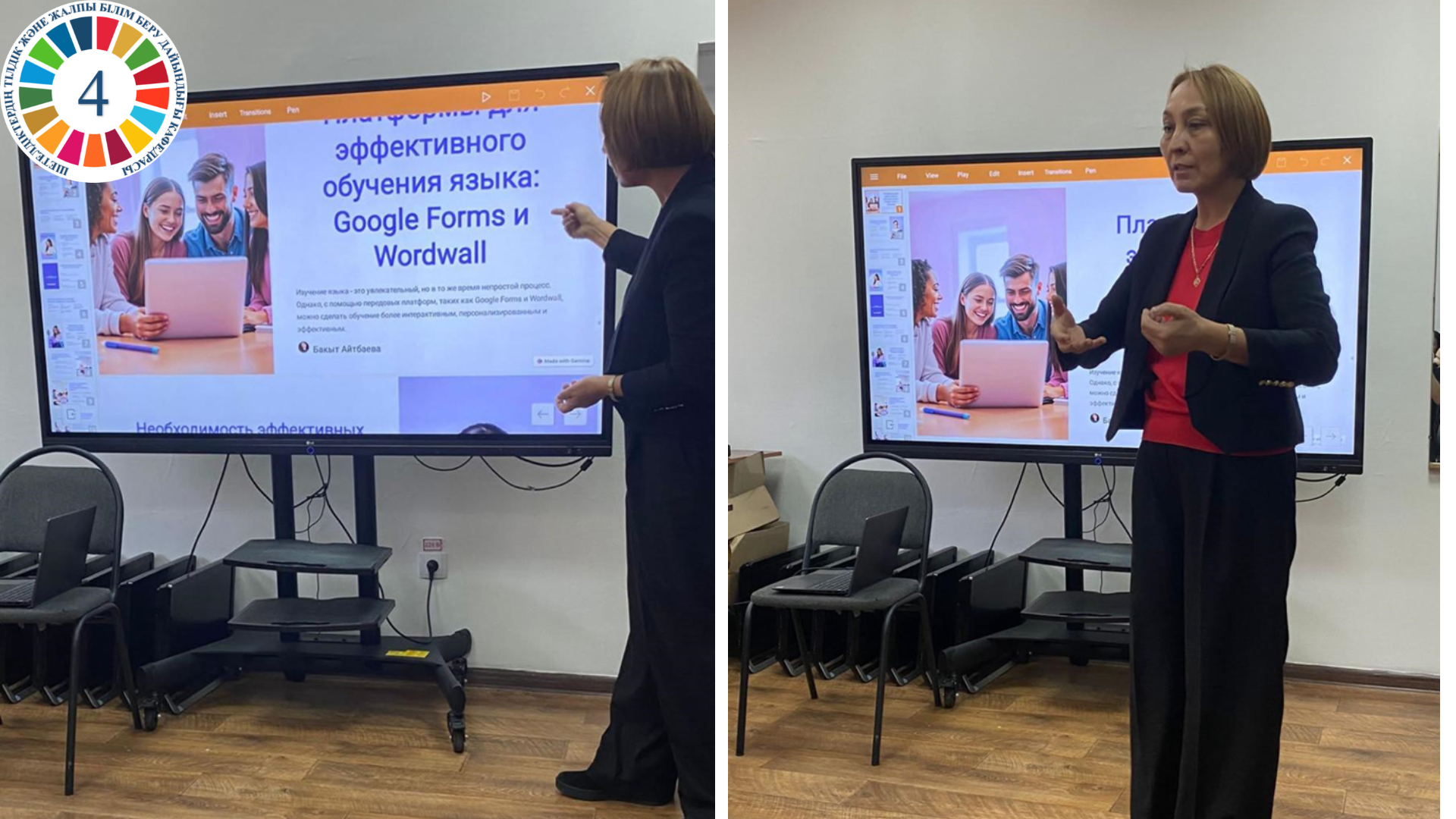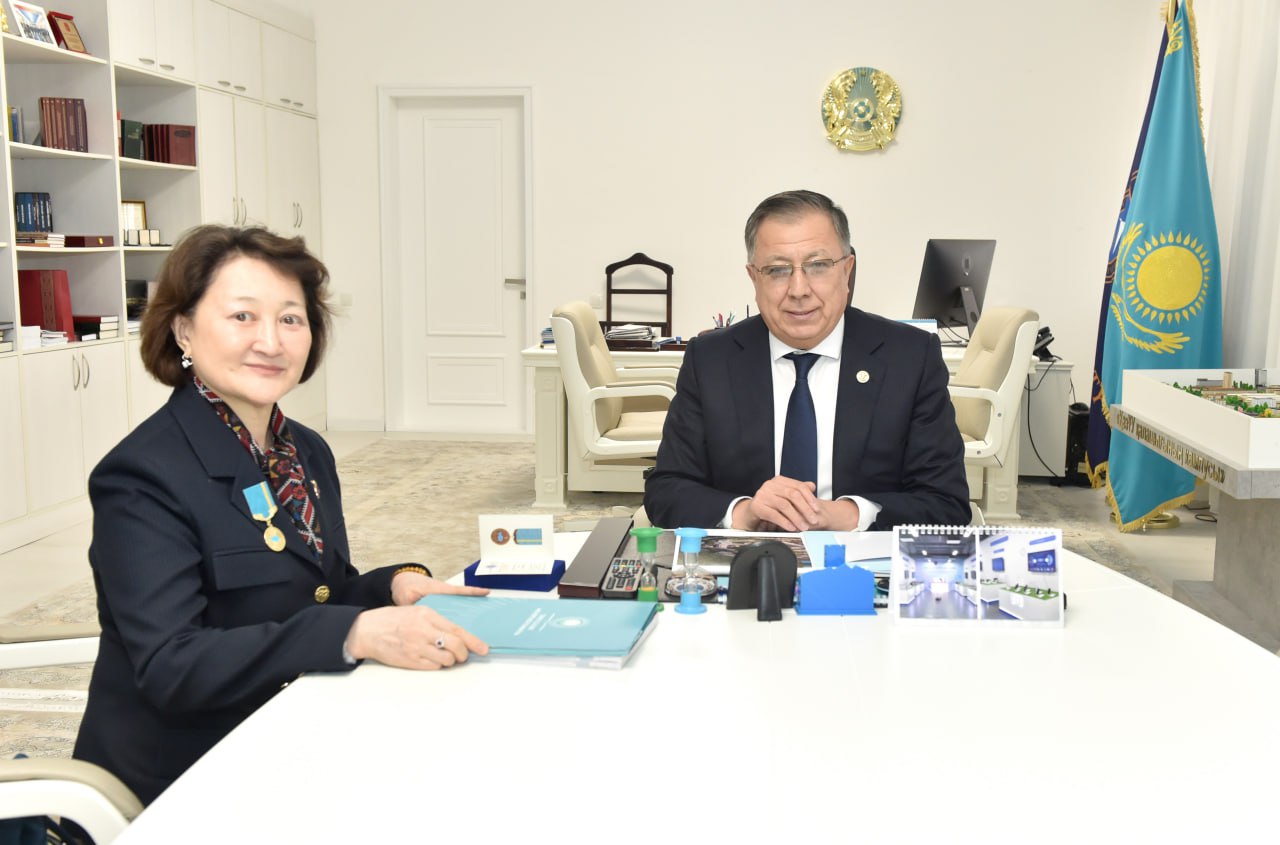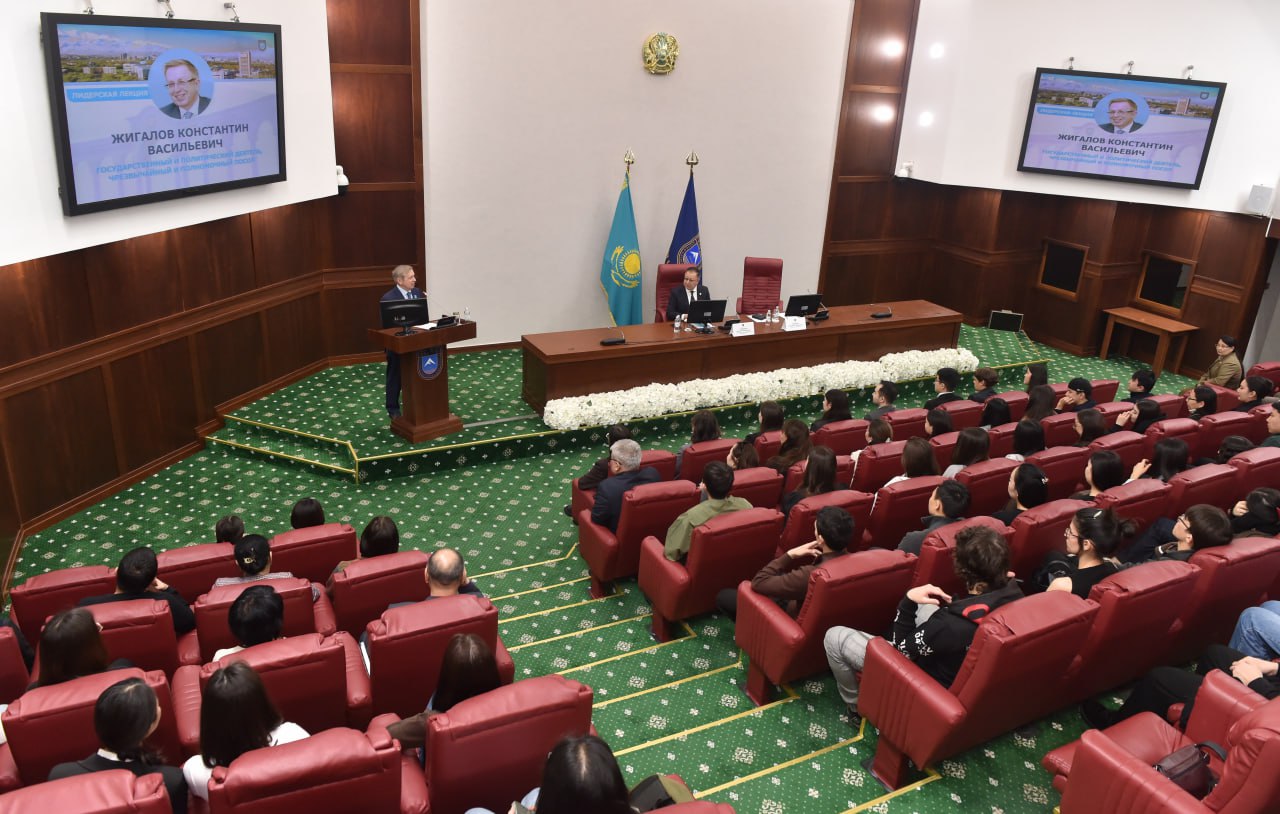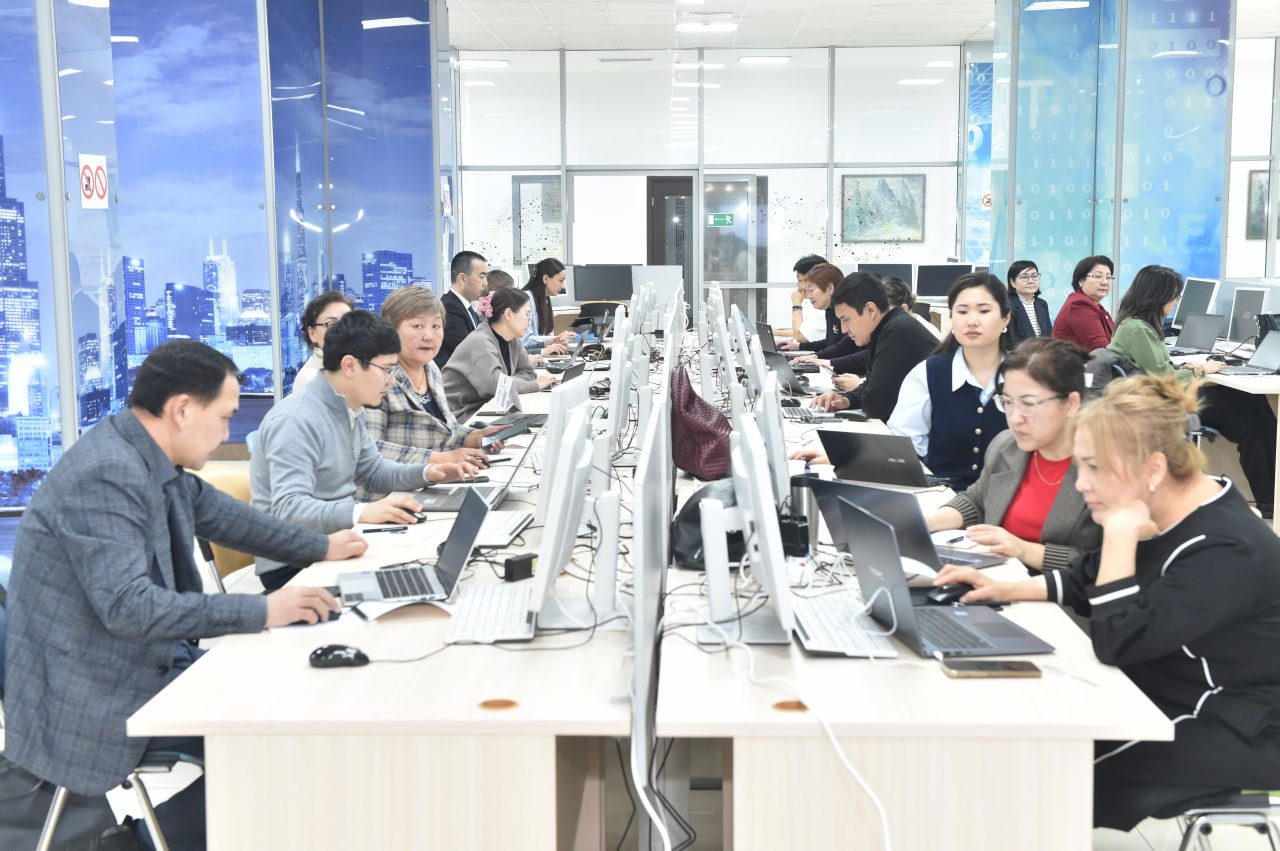SDG 4. Effective learning through interactive web services

On October 23, 2025, the Department of Language and General Educational Training for Foreigners organized a seminar-training for the teaching staff on the topic “Using Kahoot and Wordwall platforms in the educational process.” The modern educational environment requires instructors not only to update the content of their courses, but also to innovate the ways in which this content is delivered. In this regard, the effective use of digital tools has become an essential component for improving the quality of teaching. The main goal of the seminar was to familiarize the faculty with the capabilities of these platforms and to demonstrate how to integrate them methodologically into the structure of a lesson.
During the first part of the seminar, participants were introduced to Kahoot and Wordwall as efficient tools for reinforcing knowledge, organizing immediate feedback, increasing student engagement through gamification, as well as conducting formative and format-based assessment. Various task templates were demonstrated, and use-case scenarios for humanities, language, and professionally oriented disciplines were discussed. Based on real lesson fragments, a “before/after” comparison of the platforms’ effect was also presented.
The second part of the training was held in a hands-on format: under the guidance of the trainer, instructors developed their own task samples tailored to their subjects and analyzed how these materials could be incorporated into course programs and calendar-thematic plans. In addition, a package of methodological materials was prepared to ensure the systematic integration of external digital educational tools into teaching: step-by-step guides, templates, checklists, and a compilation of best practices.
The seminar-training not only improved the digital literacy of the department’s instructors but also strengthened their practical competencies in the field of EdTech, laying a methodological foundation for the sustainable integration of interactive tools into the learning process. In their feedback, participants highlighted the motivational potential and user-friendliness of these platforms in activating classroom engagement. Based on the developed materials, internal micro-trainings, the creation of a digital task bank, and pilot implementation in selected groups are planned. Thus, the outcomes of the seminar became a tangible step toward institutionalizing the department’s digital transformation initiatives.
Aitbayeva B.M., Associate Professor
Department of Language and General Education Training of Foreigners,
Faculty of Pre-university Education
Al-Farabi KazNU
Other news



